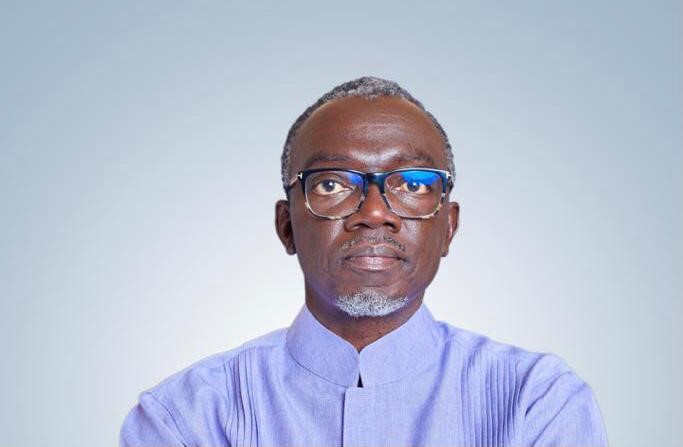Non-verbal cues will play a muted, albeit pivotal, role in the state’s continued deliberations with the International Monetary Fund (IMF), Professor Douglas Boateng has intimated.
While conceding that much of the engagements will be data-driven, Prof. Boateng contends that the body-language of Ghana’s negotiating team during the interactions will also play a major role in determining the terms and conditions associated with the bail-out package.
“The IMF’s track-record shows that data will be the focal point of its decision-making. However, our team must respectfully note that representatives from the fund are seasoned negotiators and know how to read and use body-language to their advantage. They will also look at other signals from our team to verify how it relates to the facts on paper and whether ‘Ghana is being economical with the current realities’,” he stressed.
He urged the team to consider having a BATNA (Best Alternative to a Negotiated Settlement), as it will assist government in avoiding acceptance of an arrangement that is not in the country’s best interests. “A BATNA will be a contingency plan for our team during the negotiation process, and can be brought into play if the deliberations are not going as expected,” he said.
The announcement by government on July 1 of its intention to seek help from the Bretton Woods institution was greeted with ire from a section of the public and ridicule from others.
This was because of the present administration’s stated persistence in focusing on home-grown policies to help address domestic challenges and gradually wean the country off aid and bailouts.
Prof. Boateng is of the view that the state’s intention to handle its affairs was in the right direction, and the heavy-handed responses were misplaced as government is a continuum and whatever decisions an administration take will affect successive administrations, current and future generations.
He said government was right to look into home-grown options and a return to the IMF shouldn’t be a cause for celebration by certain citizens and politicians. “Contrary to popular belief, it is an indictment of all of us and brand Ghana,” Prof. Boateng added.
With calls to reduce profligate spending by public officials intensifying, the professor reminded citizens to note that a reduction in expenditure will not lead to the elimination of systemic waste.
“Informed citizens are aware of the governance issues and big, wasteful public sector expenditures. It is rather unfortunate that we need an IMF to push us to act. If we are to avoid going back for the 19th or 20th or even the 21st bail-out, a change in attitude coupled with citizenry support for government to enable it make bold decisions on systemic waste is required,” he bemoaned.
Official communications suggests that government is seeking an Enhanced Domestic Programme (EDP) from the Fund, which will be a 3-year fast-tracked macroeconomic stabilisation programme.
It has also hinted at its expectation to get between US$2 and US$3billion in Balance of Payment support to restore investor confidence and achieve fiscal and debt sustainability.
At the conclusion of preliminary round meetings, the IMF team led by Division Chief Carlo Sdralevich stated that it had made progress in assessing the country’s economic situation and identifying policy priorities in the short-term.
Discussions, the team highlighted, were focused on improving fiscal balances sustainably while protecting the vulnerable and poor; ensuring credibility of the monetary policy and exchange rate regimes; preserving financial sector stability; and designing reforms to enhance growth, create jobs and strengthen governance.
“IMF staff will continue to monitor the economic and social situation closely, and in the coming weeks engage with authorities on the formulation of their Enhanced Domestic Programme that an IMF arrangement could support, and with broad stakeholders’ acceptance. We reaffirm our commitment to support Ghana consistent with the IMF’s policies,” a communique from the Fund stated.










